THE
GREAT
AMERICAN
TRIVIA BOOK

IN FACTS WE TRUST

DANIEL ADAMS

Avon, Massachusetts
INTRODUCTION
DID YOU KNOW that Philadelphia was our nations first capital or that more men perished in prisons than in any battle during the Civil War? How about that a real estate investigation is what led to the discovery of Bill Clintons widely publicized affair?
No matter how much you know about American history, youll find that theres always another fun fact to learn, and now The Great American Trivia Book gives you hundreds of quick tidbits of trivia to add to your repertoire. Whether you want to refresh your memory or just want a retelling that wont cause you to nod off, this book takes you on an exciting journey through the nations most important moments. From Christopher Columbuss theft of a crewmembers reward to Richard Nixons Saturday Night Massacre to George W. Bushs $40 million inauguration celebration, youll not only learn about what Americans have done throughout the years, but also the unbelievable facts surrounding these historical accounts. Filled with fascinating details and stories, this book gives you a glimpse into the events and legacies that have impacted our history from the birth of our nation to recent history.
So forget the dry details about presidents, declarations, and laws that youll find in other books, and dive into an unforgettable exploration of Americas past. With the indispensable facts in The Great American Trivia Book, youre guaranteed to view the nations wild history in a whole new light!
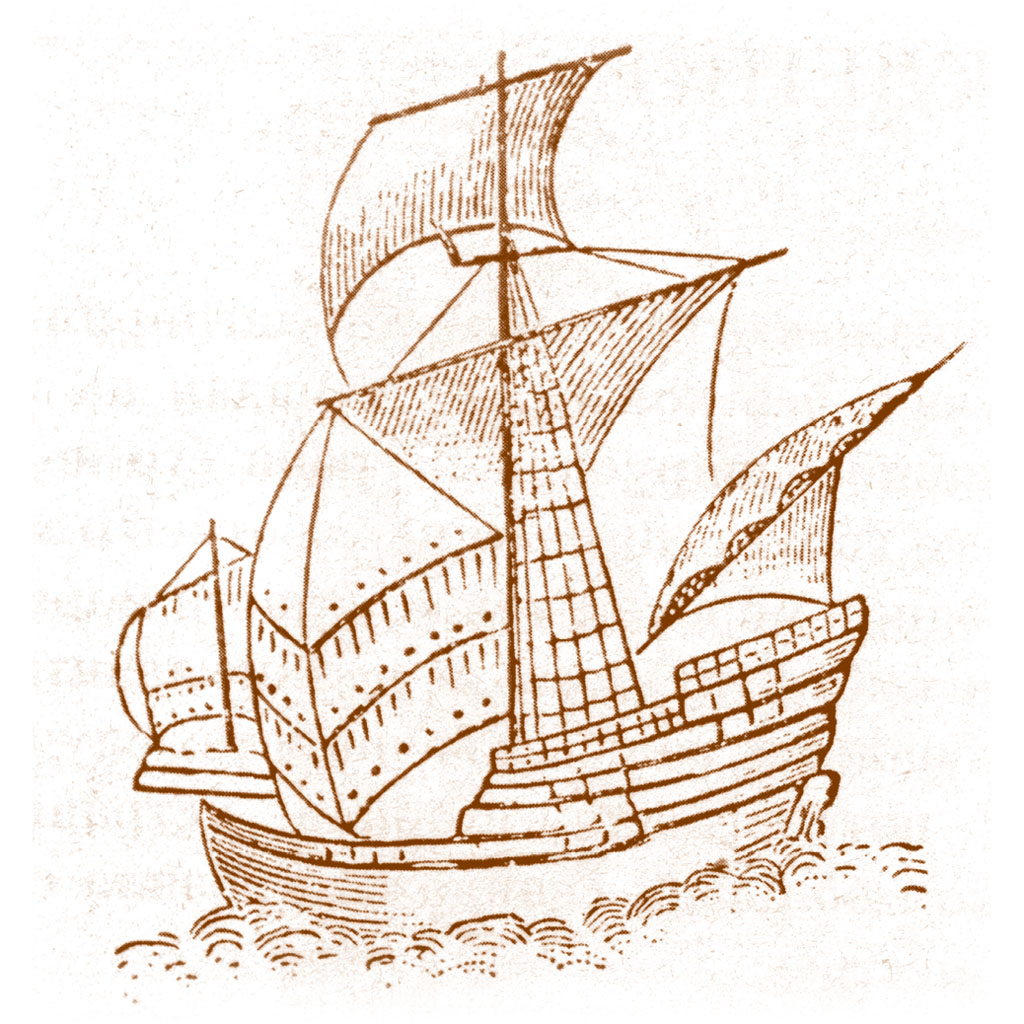

CHAPTER 1

A WHOLE NEW WORLD AND EARLY AMERICA
By the time Christopher Columbus sailed across the Atlantic Ocean, the civilizations on the American continents were already centuries old, so it makes less sense to say that Columbus discovered a new world than to say that he uncovered a very old one. But as youll find out from the following tidbits about American history, he was not even the first European to set foot in the Americas or the one to establish colonies in the New World. French explorers led some of these expeditions, and the English some others. In fact, some of their explorations occurred almost concurrently. This chapter will discuss what really happened during Columbuss voyage and how those early explorers and settlers survived living in the New World in its first fledgling years.
IN HIS TEENS, Christopher Columbus sailed commercial routes between Genoa and other Mediterranean ports before voyages to the Aegean island of Chios (near what is now Turkey), England, the Portuguese island of Madeira, and Guinea (on Africas west coast).
_____________  _____________
_____________
ITS OFTEN BELIEVED that Columbus had to work hard to convince the king and queen, as well as his crew, that Earth was spherical rather than flat. However, at the end of the fifteenth century, the idea of a round world was not a new concept. Even some ancient Greeks like Aristotle were aware of Earths roundness.
_____________  _____________
_____________
THE SEAFARER WAS commissioned with the promise that he would receive one-tenth of the profits from the expeditions, and he was granted titles, including Admiral of the Ocean Sea, viceroy, and governor of whatever lands he discovered.
_____________  _____________
_____________
FERDINAND AND ISABELLA had promised that the first man to sight land would get a yearly pension of 10,000 maravedis (Spanish gold coins). A few hours after midnight on October 12, 1492, Juan Rodriguez Bermeo, a lookout on the Pinta, spotted what was most likely an island of the Bahamas, but Columbus claimed to have spied land first and collected the reward himself.
_____________  _____________
_____________
COLUMBUS BELIEVED HE had found Asia when he landed in the Bahamas, but actually hed miscalculated the distance, and a few other minor details. In fact, to say he misjudged would be an understatement. Some believe he underestimated Earths size by 25 percent. Many people, including Columbus, thought the oceans were far smaller than they really are and that the land masses were much larger. His crew wasnt the least bit pleased that their journey took as long as it did. There were rumblings of mutiny.
_____________  _____________
_____________
THESE EUROPEAN SETTLERS discovered not only a new land, but new ways of living and eating as well. For instance, the Arawak (in the Bahamas) and Taino (in the Caribbean) slept in hand-woven hamacas, or hammocks. Columbuss men discovered a new diet of corn (maize), sweet potatoes, and red chili pepper, and they learned to grow squash, pumpkins, and beans. Then there was the botanical novelty the inhabitants smokedtobacco.
_____________  _____________
_____________
NOT LONG BEFORE this time, a decree called the Treaty of Toledo, signed in 1479, had divided Portuguese and Spanish territories. This gave Portugal territorial rights to Morocco and other areas, and prohibited Spain from sailing beyond the Canary Islands. It is thought that Columbus may have intentionally reported the latitude of his discoveries incorrectly, knowing full well that these islands belonged to Portugal by the terms of the treaty.
_____________  _____________
_____________
THE TRIP IN 1502 was the fastest Columbus ever sailed. He organized the entire fleet in roughly four weeks, with the goal of circumnavigating the world. He left on May 9, 1502, only three months after the new Governor of the Indies had been sent off, but he was forbidden to return to Hispaniola.
_____________  _____________
_____________
SIR WALTER RALEIGH was an English adventurer, writer, explorer, and, for a while, the favorite of Queen Elizabeth I. In 1584, he established the first settlement on Roanoke Island, off of what is known today as North Carolina.
_____________  _____________
_____________
SIR WALTER RALEIGHS new colony was not only the first Roanoke settlement, but also the first English colony in America.

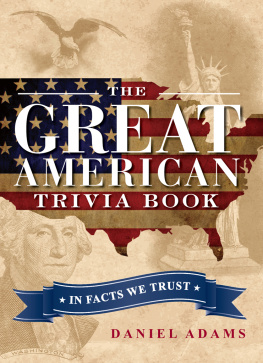
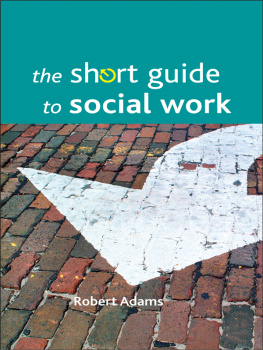
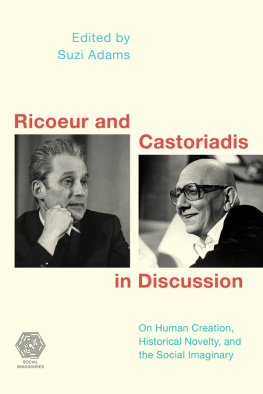
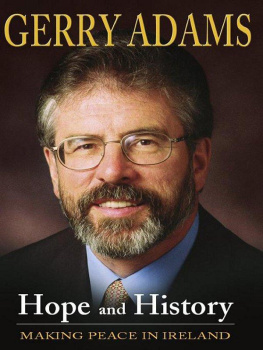
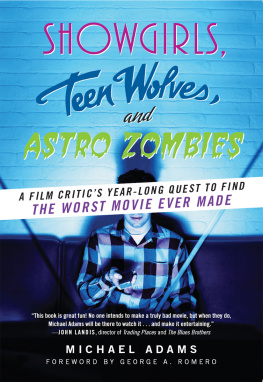
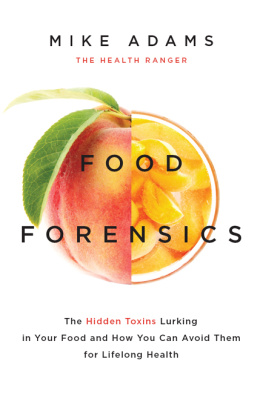
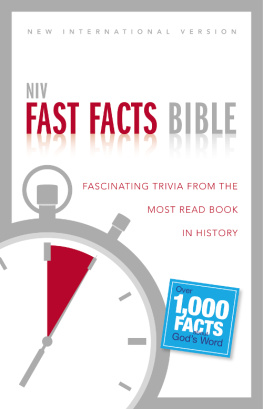
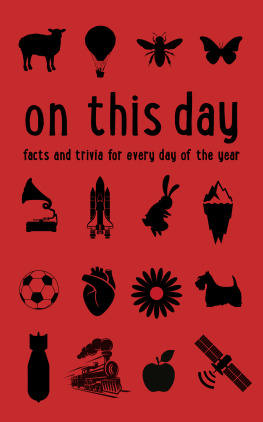

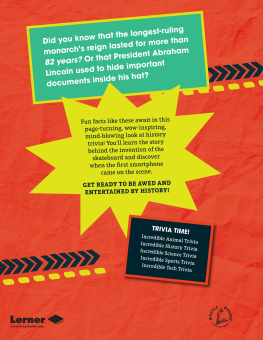
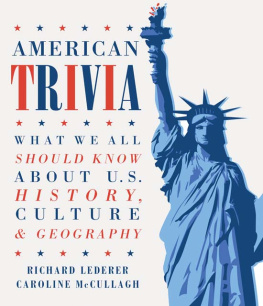
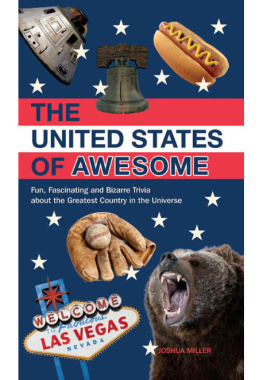
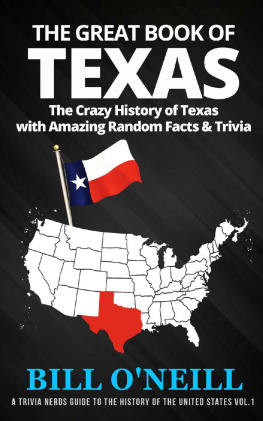
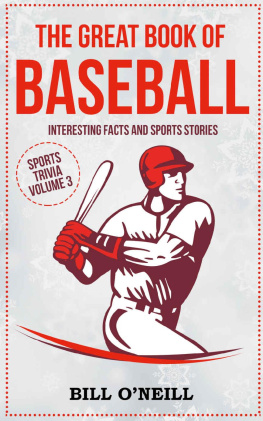
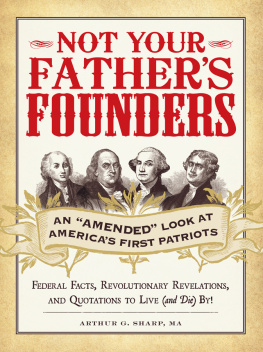
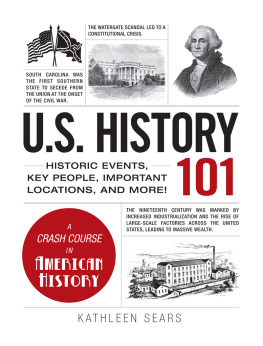
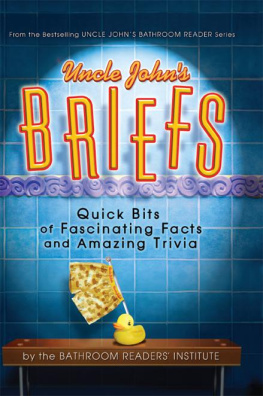
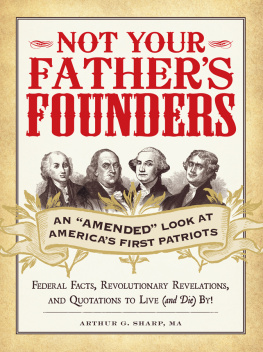

 IN FACTS WE TRUST
IN FACTS WE TRUST 

 _____________
_____________